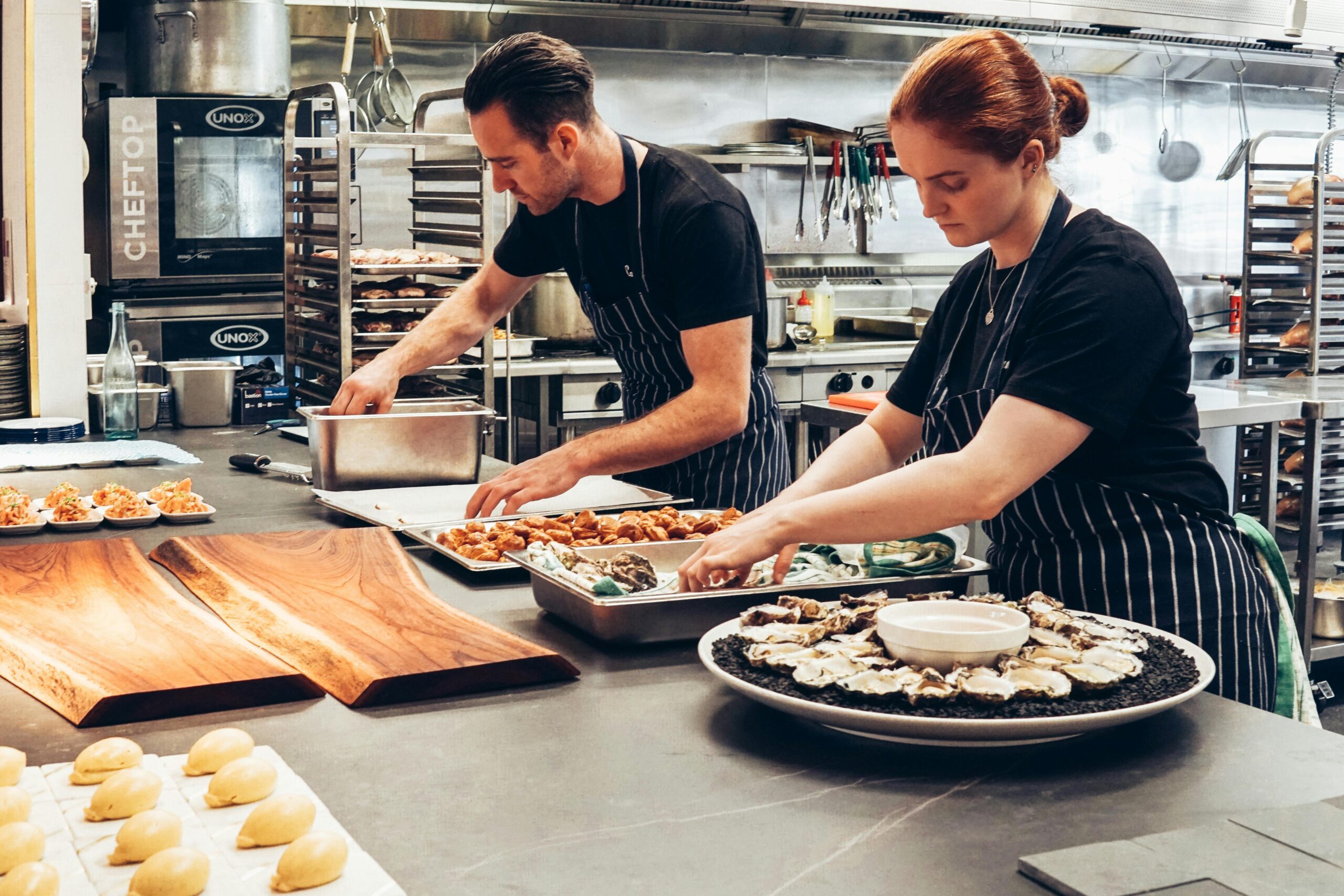
Introduction: Cooking at home can be one of the most rewarding and relaxing activities — not to mention healthier and more affordable than eating out. But if you’re new to the kitchen, it can also feel overwhelming. The good news? You don’t need to be a professional chef to cook delicious meals. In this post, we’ll cover five simple, practical tips that every beginner cook should know to build confidence and improve their skills in the kitchen.

Before you turn on the stove or chop a single vegetable, take a moment to read the entire recipe. This simple step can save you from surprises like missing ingredients or unfamiliar techniques.
Why it matters:
You’ll understand the cooking steps ahead of time.
You can prepare all your ingredients (a technique called mise en place).
You’ll reduce mistakes and feel more organized.
Fresh ingredients make a huge difference in taste, texture, and nutritional value. While frozen or canned foods have their place, using fresh produce, herbs, and meats can elevate a dish with minimal effort.
Tip: Start a small herb garden with basil, rosemary, or mint. They’re easy to grow and instantly boost flavor in any dish.
You don’t need fancy gadgets to cook well — but a good knife and basic knife skills can dramatically improve your efficiency and safety in the kitchen.
Start by learning how to:
Chop an onion
Dice vegetables
Mince garlic
A sharp knife and proper technique make prep faster and reduce the risk of accidents.
This is one of the golden rules of cooking. Don’t wait until the end to taste your food — sample it throughout the process and adjust seasoning as needed.
What to look for:
Enough salt?
Too spicy?
Need a squeeze of lemon to brighten things up?
Tasting helps you understand how flavors develop and ensures your dish is perfectly balanced by the time it hits the plate.
Every great cook has burned something, over-salted a soup, or forgotten an ingredient. Mistakes are part of the learning process, and every one of them teaches you something.
Here’s what to do:
Keep a journal of what you cooked and how it turned out.
Reflect on what worked and what didn’t.
Most importantly, keep experimenting!
Cooking should be fun, creative, and personal. The more you cook, the better you’ll get.